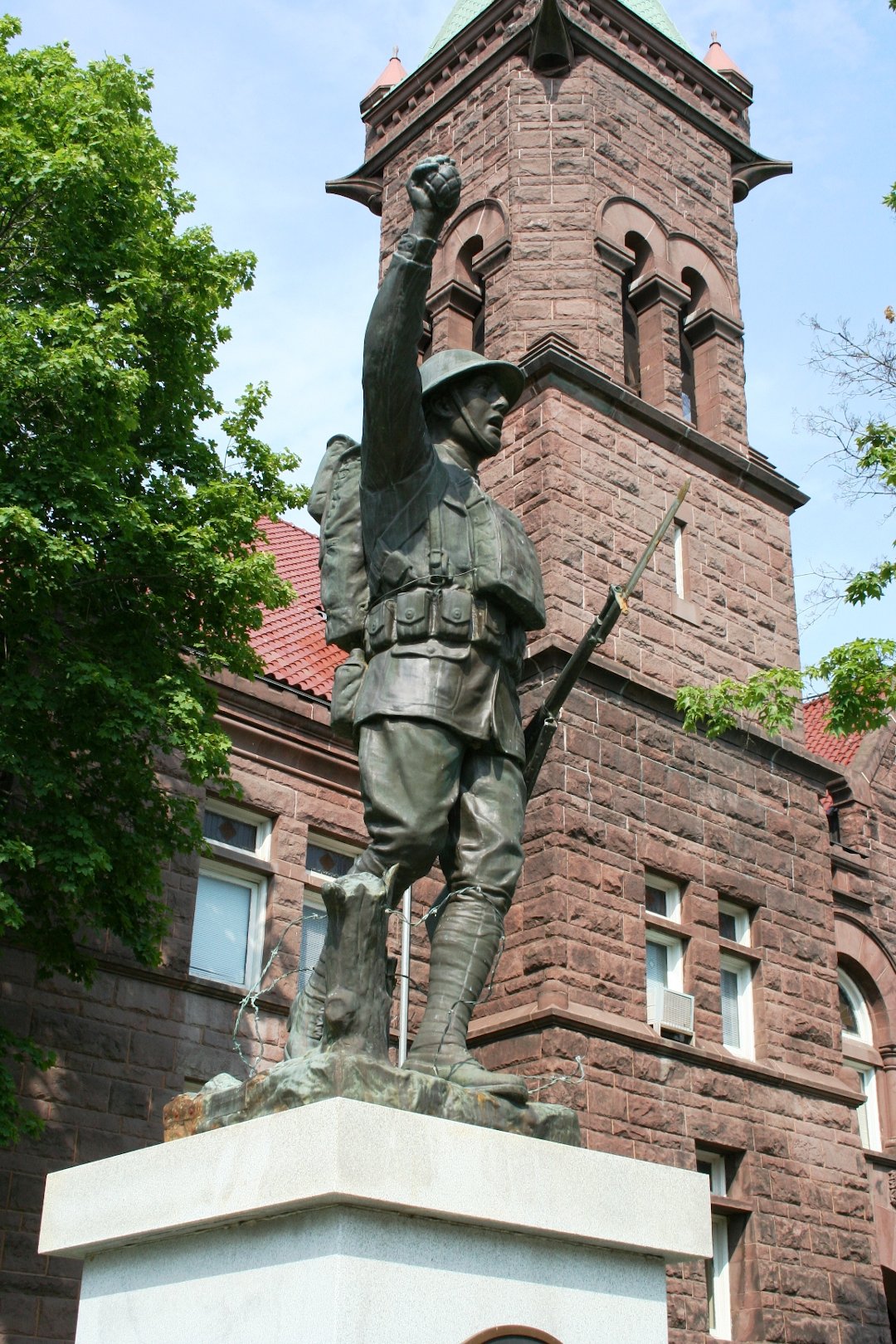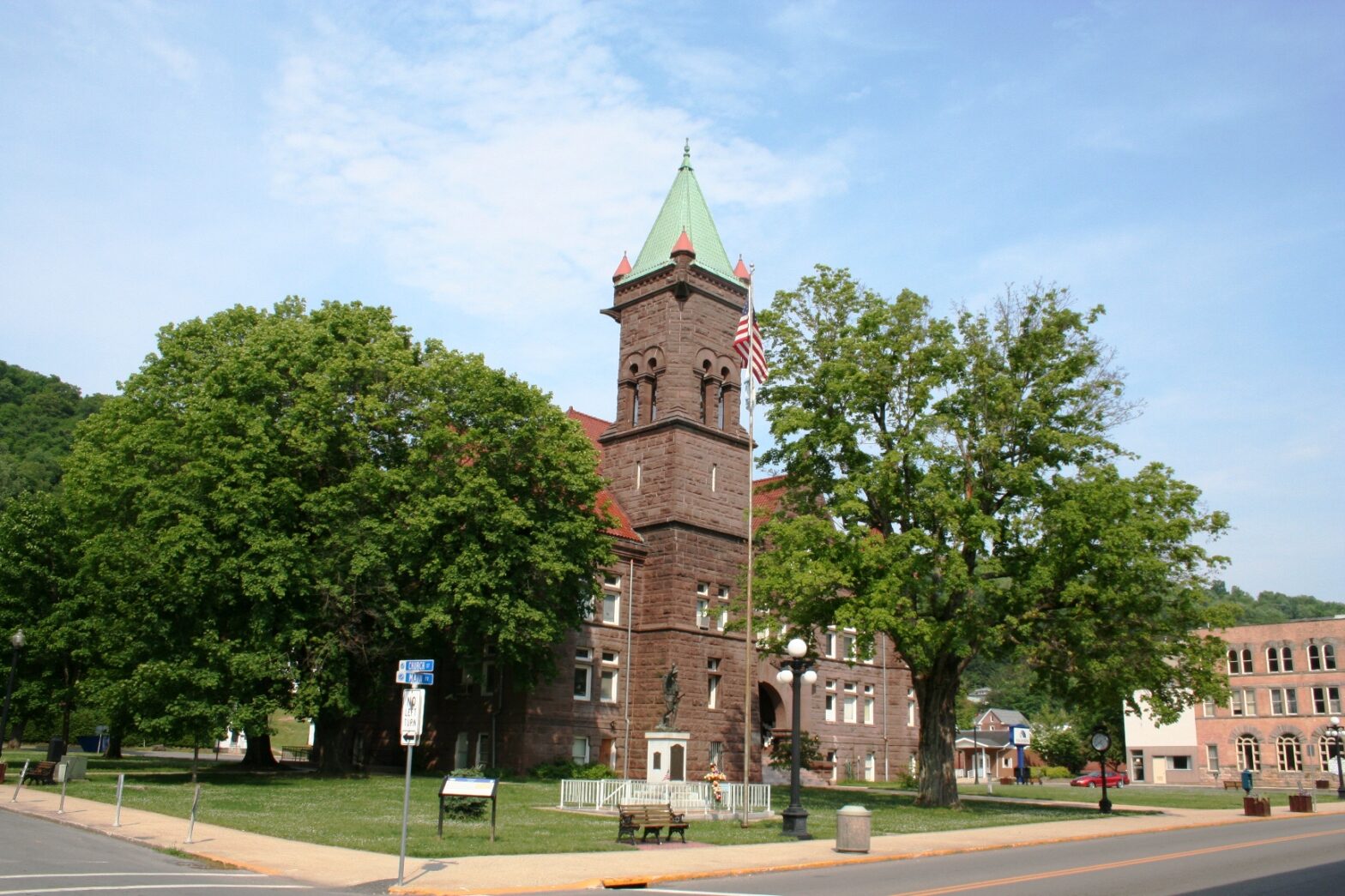Minor league baseball looks very different this year. The reorganization of the leagues, rumored throughout 2019, took effect at the beginning of the year. Teams shifted up and down in levels. Teams from independent leagues were brought into affiliated baseball. Teams that had been part of affiliated baseball for decades no longer had a place. Leagues that had existed for decades, even over a century, were no more.
One of those leagues was the Appalachian League in southwest Virginia and eastern Tennessee, which had existed since 1911, survived through two World Wars, contractions and expansions. Its roots in professional baseball were deep, but that wasn’t enough to save it as part of affiliated baseball, and the league was reorganized this year as a summer college league, much like the Cape Cod League in Massachusetts, the Valley League in the Shenandoah Valley, or the Cal Ripken League in the DC area.
At the beginning of the year, the teams of the Appalachian League, which had traditionally used the name of their parent club (like the Kingsport Mets or the Bluefield Blue Jays), revealed their new names and branding. One of those teams, the Johnson City Doughboys, formerly the Johnson City Cardinals, took their inspiration from a statue that commemorated the heroism of the American Expeditionary Force of World War I, “The Spirit of the American Doughboy.” Designed by E. M. Viquesney, these copper statues were, according to Wikipedia, “mass-produced during the 1920s and 1930s for communities throughout the United States,” and roughly 150 were installed.
When the new name was announced, I was incredibly excited. Yes, I’m an historian by training. Yes, I have a particular interest in World War I. Yes, I went to the Smithsonian for their Armistice commemoration in 2018. Yes, I have strong opinions on World War I, America’s involvement in the war, and Woodrow Wilson. (As I write this, I’m reading G.J. Meyer’s The World Remade, a very readable history of the United States and World War I, and it was even worse than I thought.) But these aren’t why I was excited.
No, I was excited because I grew up in a town with one of the “Spirit of the American Doughboy” statues.
On the lawn of the Barbour County Courthouse in Philippi, West Virginia, there was a war memorial. As a teenager, I never thought about it. I’d see it from the school bus as it went through town going to and from Philip Barbour High School. (And I may be the only PBHS graduate to visit the grave of the school’s namesake…) But it didn’t register. It was just part of town.
An interesting side-note from a website that documents the statue — according to the page devoted to Philippi’s statue, “Viquesney’s grandfather, father, and uncles lived in Barbour County in the middle 1800s and there are still residents who are descendants of his grandfather and of at least one uncle.” Not something I would have known thirty years ago, and it’s an interesting historical connection between the town, the statue, and its creator.
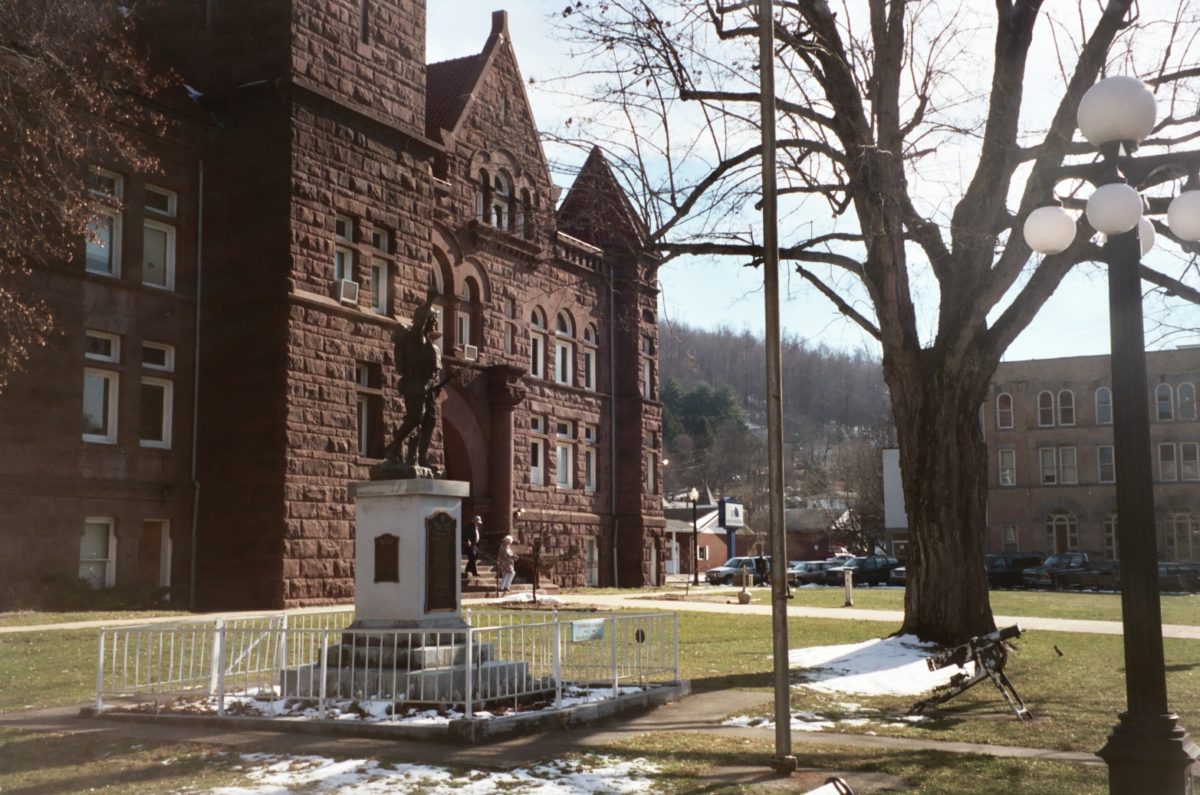
A few years ago, the American history podcast BackStory did a segment on war memorials, and one of the experts being interviewed mentioned that there are more World War I memorials in the United States than there are for any other war. That may seem surprising, given that a century after the war’s end it feels now very much as though the war fell into a memory hole. But World War I was a wrenching experience for the country — it wasn’t popular, its reasons (at least as far as the United States was concerned) were philosophical rather than military, it mobilized millions and sent women into the work force, criticism was considered (and legislated to be) tantamount to treason, Americans of Germanic ancestry were demonized and treated as fifth-columnists. And because the war was “over there,” on the other side of the Atlantic, the war dead weren’t repatriated (or weren’t until much later). Memorials were a way to stitch the community back together and remember the dead.
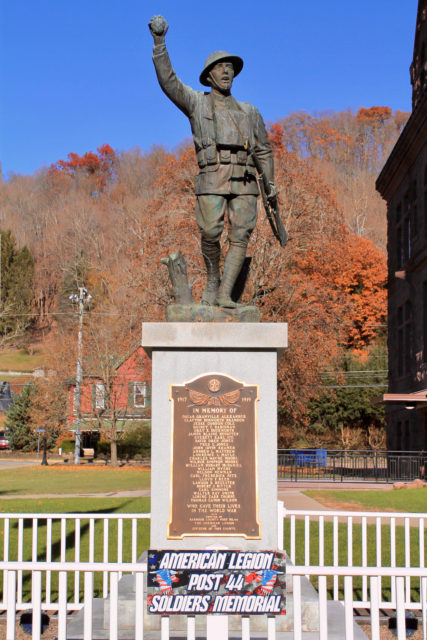
When Doughboys merchandise went on sale, I decided I was going to order something. A hat? A t-shirt? A logo baseball? A foam hand? Well, maybe not the foam hand.
I’d check back at their website from time to time, to see if anything Doughboys-related had been added. Alas, no. Closer to the start of the season, surely. The team overhauled their web storefront. Still nothing.
Until last Saturday.
There were t-shirts! There was a hat! There was a logo baseball! There was a mini-bat!
I ruled out the hat; it’s a trucker hat, and I don’t really like trucker hats. The logo baseball looked promising, as did some of the t-shirts.
I liked three of the t-shirts, but I restricted myself to two, and I spent several minutes deciding. Then I added the logo baseball and placed my order.
I had a package waiting for me when I arrived home from the office. My Johnson City Doughboys gear! I’m not likely to go on a road trip to Johnson City — which is a real place and not some made-up name in the lyrics of “Wagon Wheel” — nor do I think I’m likely to wear the t-shirts, though I might. I just thought the name was cool, it reminded me directly of my teenage years, and I wanted to support the organization.
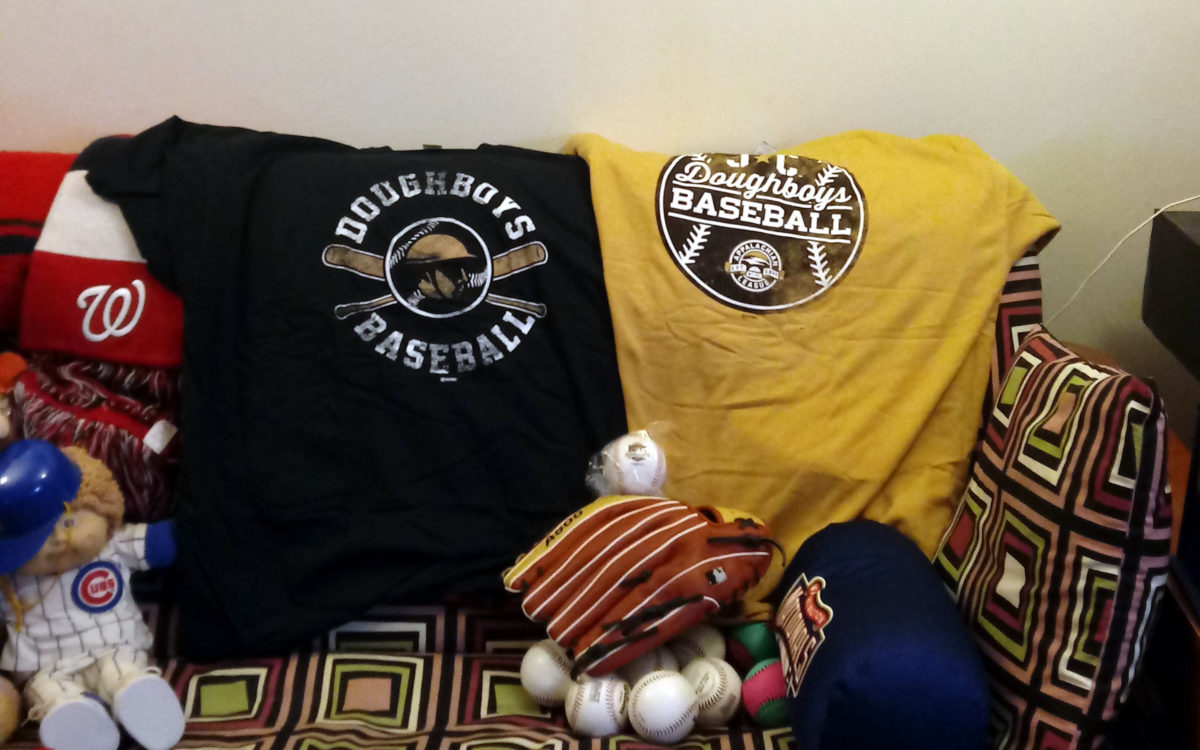
I’m curious how the teams kicked out of affiliated minor league baseball that are carrying on as summer college teams or independent professional teams will far over the next two, five, ten years. Some aren’t going to make it. I was wearing an Atlantic League t-shirt I bought at the York Revolution team store in 2013 that had the logos of the eight teams in the league, and of those eight teams, two are defunct, two are now part of the affiliated minors, and four remain independent teams in the Atlantic League. Will the business model work? Will the fans come for a vastly different level of play? I think teams that reorganized as summer college teams will have an easier time of it than teams that have gone the independent route, like the West Virginia Power. I’m curious how it will play out, and the answers won’t arrive for years.
For the moment, I have my Johnson City Doughboys t-shirts, and I have a baseball that I’ll do something with. I’ll check back in another month; maybe they’re have a baseball cap that isn’t a trucker hat. Of course, the last thing I need is another hat… 😆
